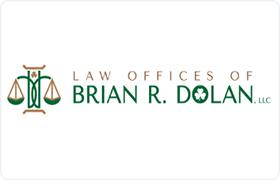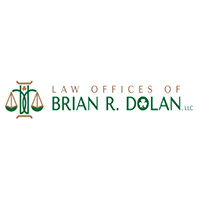Lake Bluff Estate Lawyer, Illinois
Sponsored Law Firm
-
 x
x

Click For More Info:
-
Law Offices of Brian R. Dolan, LLC
5 Revere Drive Suite 200 Northbrook, IL 60062» view mapEstate Law Your House Call Lawyer
I am available to meet with you at any time to prepare you each step of the way. I take great pride in providing these services and easing your transitions through life.
800-569-0101
Nefertiti France
✓ VERIFIEDDivorce & Family Law, Estate Planning
Nefertiti France is a practicing attorney in the state of Illinois. She received her J.D. from Rutgers School of Law in 2006.
Michael A. Goldberg
✓ VERIFIEDEstate, Estate Planning, Trusts, Wills & Probate, Estate Administration
I am a lifelong Chicagoland resident with a passion for helping families plan their estates so their loved ones are cared for upon their passing. I ut... (more)
Kimberly Smoron Wisneski
Federal Appellate Practice, Wills & Probate, Estate Planning, Transactions
Status: In Good Standing Licensed: 27 Years
David A. Semmelman
Estate Planning, Estate, Transactions, Business
Status: In Good Standing Licensed: 41 Years
Frederic Lesser
Litigation, Estate Planning, Employee Rights, Elder Law
Status: In Good Standing Licensed: 44 Years
Melanie Rummel
Litigation, Estate Planning, Estate, Business
Status: In Good Standing Licensed: 46 Years
Melanie Kreml Rummel
Litigation, Estate Planning, Estate, Business
Status: In Good Standing Licensed: 46 Years
Richard G. Goshgarian
Other, Federal Appellate Practice, Estate Planning, Civil Rights
Status: In Good Standing Licensed: 32 Years
 Brian R. Dolan Northbrook, IL
Brian R. Dolan Northbrook, IL Practice AreasExpertise
Practice AreasExpertise



